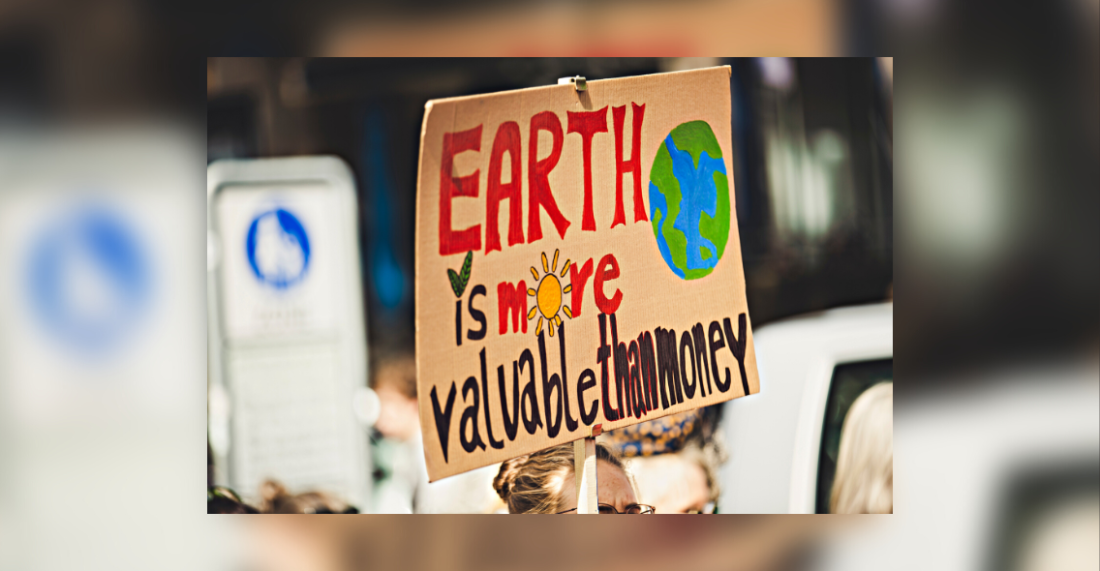
Skating Around the World – Episode 4
Over the last few weeks ‘climate quitting’ has been a talking point in the news and on social media –where people are choosing to leave their jobs to pursue a career path where they can work for an employer demonstrating strong environmental and sustainability practices or in a role that tackles climate change more directly.
The Pandas wanted to find out whether people think this will be a movement with a long-term positive impact or a passing trend. We asked this question on LinkedIn, and 36% of respondents feel it will be the former, with only 9% imagining it as a passing trend. Interestingly, over half (55%) of people responded saying that they would have to wait and watch, demonstrating there is hope that people’s commitment to mitigating climate change will continue.
Whether a fad or not, climate quitting demonstrates that potential employees want to work for organisations that prioritise the planet. As such, employers need to step up in terms of their sustainability commitments and strategy if they want to attract and retain the best talent around. In this month’s Skating Around the World, we wanted to showcase how more and more businesses, including large, multinational organisations, are employing more climate-friendly policies.
Yes, everyone’s talking Patagonia and for very good reason. For over a decade, Patagonia has been an outdoor gear and apparel company that embodies best practice in the truest sense of the word, role models it in fact. Last year, it took one significant step closer towards that goal when the founder Yvon Chouinard announced that all the company’s profits, around $100 million yearly, will be donated towards efforts to combat climate change around the world.
On average, UK pension pots unwittingly finance approximately 23 tonnes of C02 emissions yearly. In order not to contribute to those high statistics, Cushon launched as the world’s first net-zero pensions provider rather than promising to reach net zero at a later date.
As one of the Big Four largest professional services firms in the world, Deloitte is consistently expected to play a larger role in pushing sustainability policies. One of these policies includes lowering their office temperatures by two degrees Celsius to reduce carbon emissions, in addition to introducing a ‘Clause Zero’ in company contracts and engagement letters to encourage clients to deliver projects more sustainably.
OLIO is a B Corp-certified London-based app reducing food waste by connecting neighbours and local businesses together so surplus food, and now other non-food household items, can be shared among the community. In addition, OLIO is carbon negative, meaning it removes more carbon from the atmosphere than it emits.
Launched by the Ocean Born Foundation, Ocean Beer is brewed with high-quality, natural ingredients. 100% of the profits made go back to the Ocean Born Foundation and are used to fund grants for research and projects to help conserve and protect the oceans, as the oceans are the biggest natural solution to fighting climate change.
Divine Chocolate is a vegan, fairtrade chocolate company using cocoa from a co-owned cooperative farm called Kuapa Kokoo in Ghana, helping end exploitation in the cocoa industry. Divine Chocolate actively invests in producer support and development programmes involving initiatives that help reduce the farmer cooperatives’ environmental footprint.
Nowadays, nothing and no one needs us more than planet earth; these leading organisations, at different stages, big and small, are doing their part to help keep the planet in balance and secure our futures.
At Skating Panda, we work with many clients on their values and sustainability policies. If you would like to talk about your organisation’s environmental impact, and how to accelerate it, drop us a line at info@skatingpanda.com


